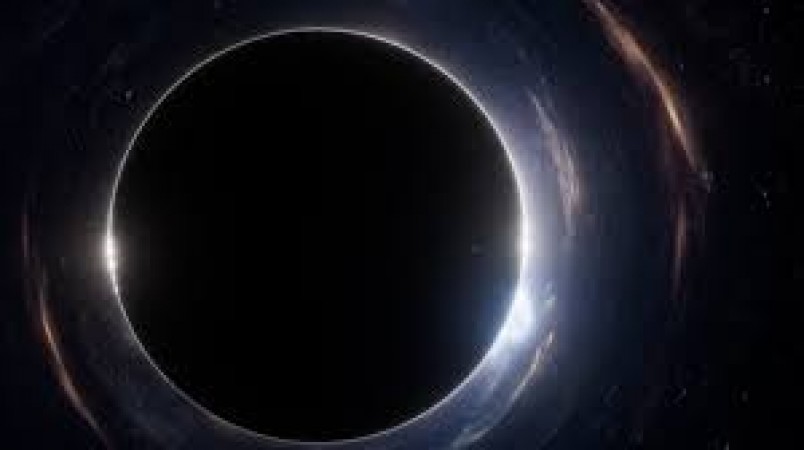
Black holes are some of the most enigmatic and mind-boggling objects in the universe. Their immense gravitational pull is so strong that not even light can escape, making them invisible to our eyes. But what would happen if, hypothetically, you were to fall into a black hole? Let's embark on a journey into the heart of these cosmic mysteries and explore the hypothetical fate of an intrepid astronaut venturing too close to a black hole.
As you approach a black hole, the first thing you would notice is the distortion of space and time. This effect, known as gravitational lensing, would make the surrounding stars and galaxies appear warped and stretched.
The point of no return is the event horizon—a boundary beyond which escape becomes impossible. If you cross this threshold, you are inexorably drawn toward the singularity at the black hole's core.
As you get closer to the black hole, the tidal forces become stronger. This phenomenon, called spaghettification, would stretch your body into a long, thin strand. It's a gruesome end to say the least.
As you fall deeper into the black hole, you'd experience an extreme form of time dilation. While time appears to pass normally for you, it would seem to speed up for the outside universe. This relativistic effect would make it seem as though the universe is fast-forwarding.
The singularity is the heart of the black hole, where all its mass is concentrated. Here, the gravitational forces are infinitely strong, and the laws of physics as we know them break down.
One of the most perplexing questions in black hole physics is the fate of information that falls into a black hole. According to quantum mechanics, information should never be lost, but black holes seem to contradict this principle.
Surprisingly, black holes aren't entirely black. Stephen Hawking proposed that black holes emit a faint form of radiation, aptly named Hawking radiation. Over an incredibly long time, this radiation causes black holes to gradually lose mass and eventually evaporate.
As the black hole evaporates, the singularity approaches. At this point, the laws of physics cease to provide meaningful predictions, and our understanding of what happens next is uncertain.
While we can speculate about the fate of matter and information within a black hole, we have no way of directly observing or testing these theories. The extreme conditions inside a black hole remain a cosmic enigma. In the hypothetical scenario of falling into a black hole, you would undergo a surreal journey through the twists and turns of spacetime, eventually succumbing to the singularity's immense gravitational forces. The mysteries of black holes continue to captivate scientists and enthusiasts alike, and while we can theorize about their inner workings, we may never truly know what happens beyond the event horizon.
Foods to Treat Fatty Liver Disease
7 Heart-Healthy Foods: Enjoy in Moderation for Optimal Health